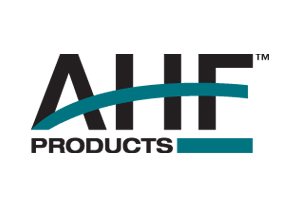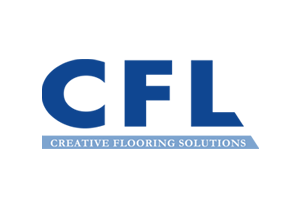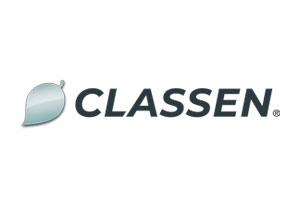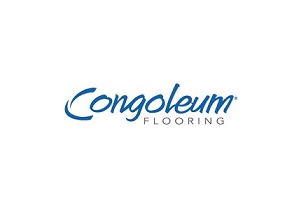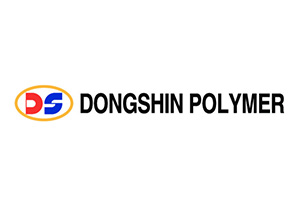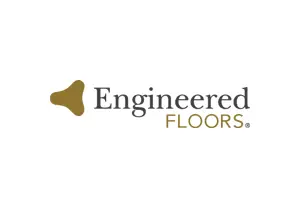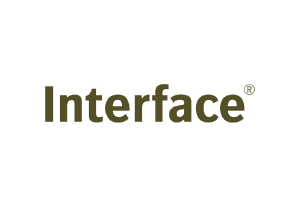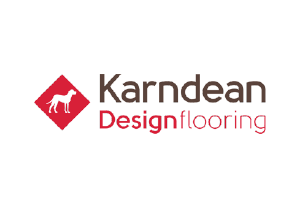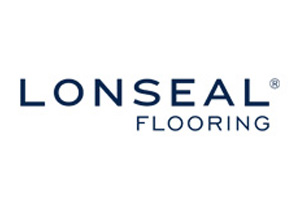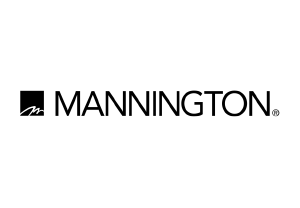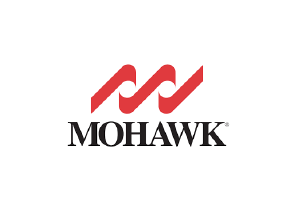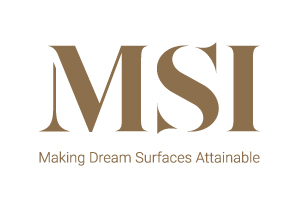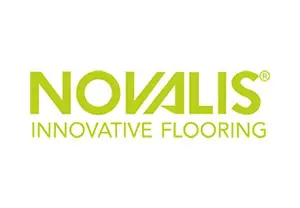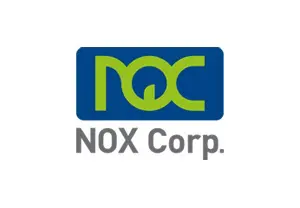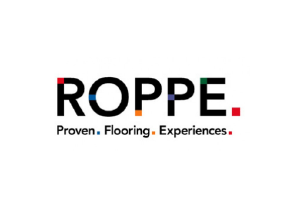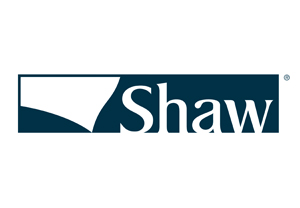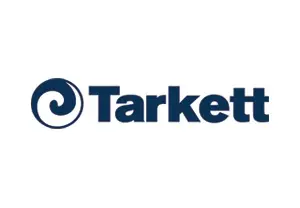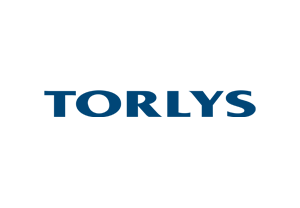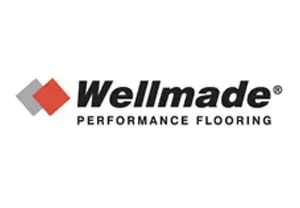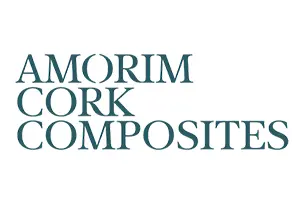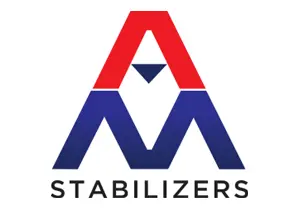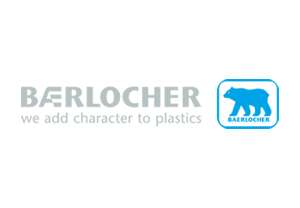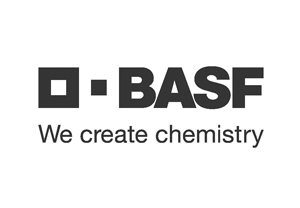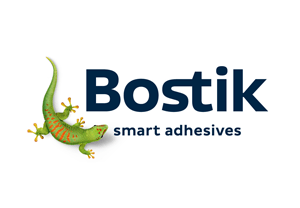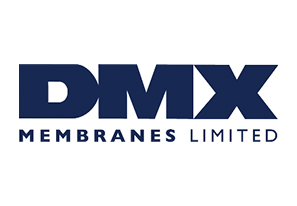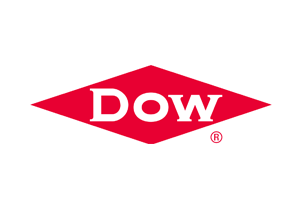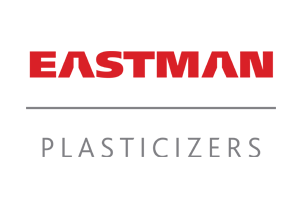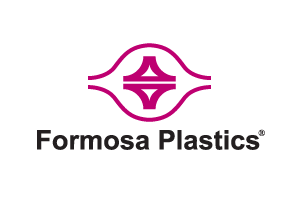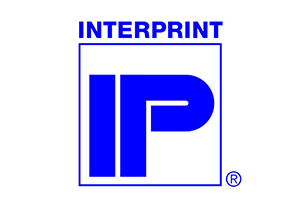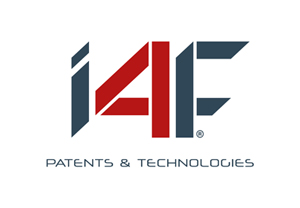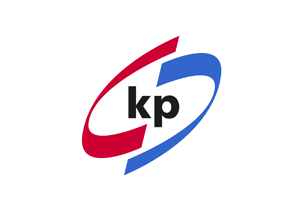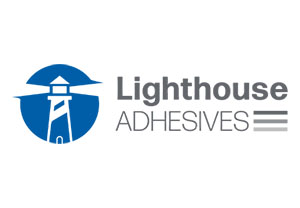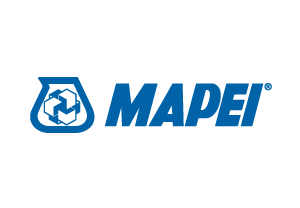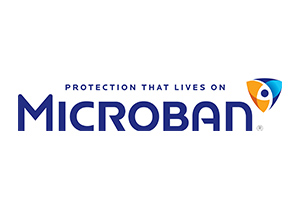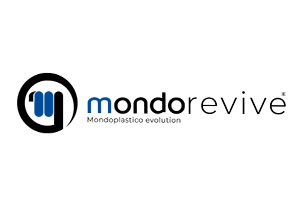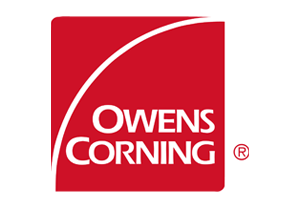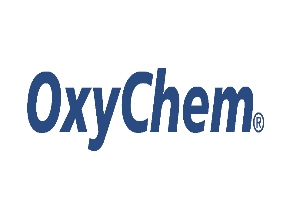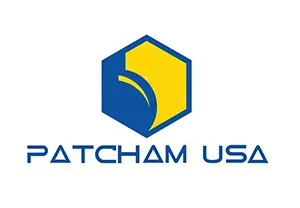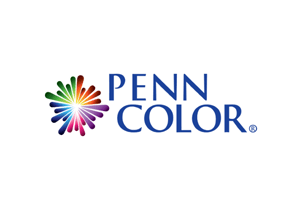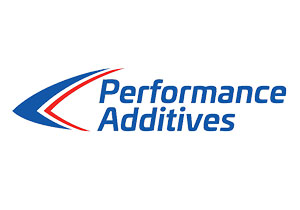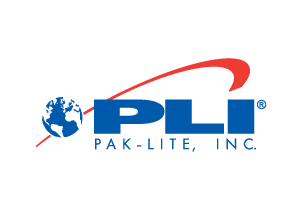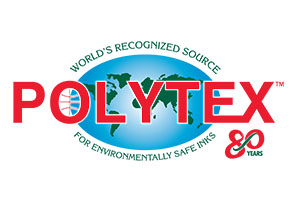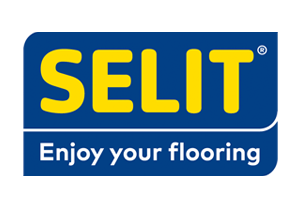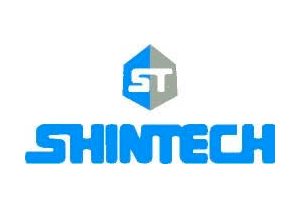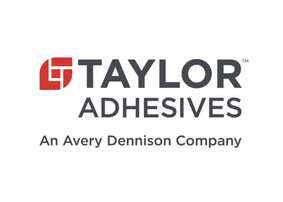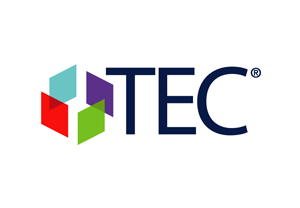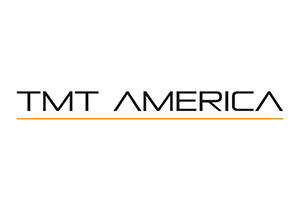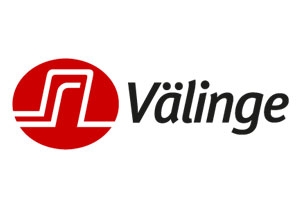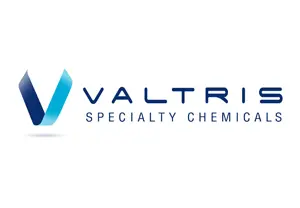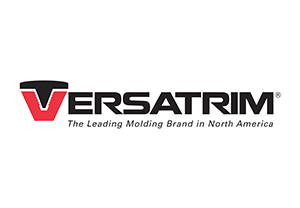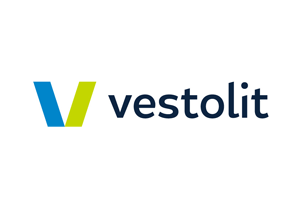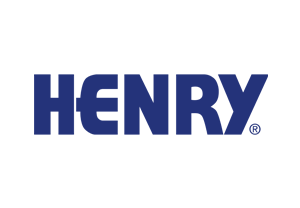RFCI is all about resilient flooring… and resilient flooring is all about sustainability, durability, affordability, and style. It encompasses a surprisingly wide variety of hard surface flooring products – from vinyl and linoleum to rubber and cork. The Resilient Floor Covering Institute (RFCI) is an industry trade association of leading resilient flooring manufacturers and suppliers of raw materials, additives, and sundry flooring products for the North American market. The Institute was established to support the interests of the total resilient floor covering industry – as well as the people and communities that use its products. To find out more about RFCI and the resilient flooring industry, just take a look at the links below. You’ll soon see why resilient flooring is the number one choice for hard surface flooring.
About The Institute
Who is RFCI, and what are we all about?
As the leading industry association for hard surface flooring, the Resilient Floor Covering Institute (RFCI) is all about helping designers, architects, facilities managers, home owners, and others make wise flooring decisions. Flooring is a part of our everyday life, so it must be trusted for durability and sustainability. That’s why RFCI is always working to:
Get the word out on resilient flooring
We promote resilient flooring because we know it’s the durable, sustainable and highly-affordable floor covering solution that’s perfect for residential and commercial constructions and remodels.
Keep an eye on federal, state, and local regulations
RFCI monitors and responds to Legislation and regulations from all levels of government that affect our industry, its products, and the people who use them.
Make the technical understandable
We strive to provide technical information on the resilient flooring industry that really answers questions and offers solutions. After all, what good is information if no one knows what it means?
Develop guidelines for quality and sustainability
RFCI is continuously developing guidelines to ensure the quality and sustainability of resilient flooring products, their installation, and their maintenance. We’re always looking for new ways to raise the standards for resilient flooring.
Mission
Goals
History
To enhance the long-term growth and well-being of the North American resilient floor covering industry.
Operating Principle:
Leverage collective member resources to address industry issues and opportunities that exceed the scope of any single member company, and offer potential benefit for the common good of the industry.
GOAL I
Promote the resilient flooring industry and product category.
GOAL II
Position the resilient flooring industry as being environmentally responsible through voluntary product and industry programs that support safe, healthy, and sustainable environments.
GOAL III
Engage in advocacy with governmental and non-governmental entities regarding initiatives that may positively or negatively impact the resilient flooring industry.
GOAL IV
Establish and maintain an effective membership development program for Associate and Regular members.
GOAL V
Educate those who impact the perception, specification, sale and installation of resilient flooring products.
RESILIENT FLOOR COVERING INSTITUTE
The Resilient Floor Covering Institute (RFCI), headquartered in LaGrange, Georgia, was established in 1976 as an industry trade association of manufacturers of resilient tile and sheet vinyl flooring products for both commercial and residential applications and suppliers of raw materials, additives and sundry flooring products. RFCI has a long-standing reputation among its members for effectively responding to issues affecting the resilient industry and adapting to changes in the flooring industry.
STRATEGIC MANAGEMENT PROCESS
In 2008 RFCI initiated a strategic management process designed to insure that the organization is focused to serve the long-term needs of the resilient flooring industry. The result of this work is a well defined RFCI Mission supported by overarching goals.
RFCI MEMBERSHIP
Regular members of RFCI consist of major manufacturers of resilient flooring produced in North America. Present members account for the vast majority of resilient flooring sales in the North American market. Associate members consist of overseas manufacturers of resilient flooring sold in North America, companies supplying raw materials and additives used to manufacture resilient flooring in North America(e.g. PVC resin, plasticizers), and companies producing sundry flooring products (e.g. adhesives). Officers serving on the RFCI Board of Directors consist of the Chairman of the Board, the Vice Chairman of the Board and the Secretary/Treasurer. Officers are elected from representatives of RFCI Regular member companies to two-year terms. The RFCI Board of Directors also appoints a President to manage the Institute and its strategic initiatives.
INDUSTRY GUIDELINES AND VOLUNTARY STANDARDS
The Institute engages in developing industry guidelines, and voluntary flooring standards, and specifications to ensure a high standard of quality for consumers and specifiers. Today, there is a wide range of guidelines and voluntary standards including those established through ASTM International, an organization that provides a global forum for the development and publication of international voluntary consensus standards for materials, products, systems, and services and ISO (International Organization for Standardization) the world’s largest developer and publisher of International Standards. RFCI is a leader in the development of guidelines and voluntary standards that allow the industry to be in the forefront of sustainability.
In 2005 RFCI introduced FloorScore®, a voluntary certification program that identifies flooring products that meet stringent indoor air quality (IAQ) requirements for low emitting building materials. FloorScore was developed by RFCI in conjunction with Scientific Certification Systems (SCS), an internationally recognized third party evaluation, testing, and certification organization. Introduction of this program followed a four-year review by resilient flooring manufacturers of volatile organic compound (VOC) emissions through a product testing program designed by third party experts. The FloorScore® program is a building materials emissions testing program that requires both independent laboratory testing and third-party certification to show compliance with California Section 01350 emissions limits for specified VOCs and includes third party-certified site audit and documented control system requirements.
In 2007, a draft standard for trial use that addresses sustainable resilient flooring products was introduced by RFCI in conjunction with NSF International, a not-for-profit, non-governmental organization who is a world leader in standards development, product certification, education, and risk-management for public health and safety. In March, 2010 the NSF American National Standard 332: Sustainability Assessment Standard for Resilient Floor Coverings was finalized under the American National Standards Institute (ANSI) standards-setting process and can now be used to certify the sustainability attributes of resilient flooring. The standard provides a means for designers, architects, facility managers and purchasers to evaluate the sustainability of a range of products. These include vinyl composition tile, sheet vinyl flooring, vinyl tile, rubber sheet flooring, rubber tile, linoleum sheet flooring, linoleum tile, polymeric flooring, resilient wall base and resilient stair treads.
RFCI TECHNICAL ADVISORY COMMITTEE
This committee, comprised of leading industry scientists and technical specialists from all RFCI member categories, plays a key role in the development and implementation of technical guidelines and voluntary standards and responding to regulatory requirements. To help ensure that RFCI resilient flooring manufacturers and suppliers stay abreast of regulatory and other technical requirements, members of this committee participate in worldwide standards organizations, and other organizations that impact the flooring industry. Included in these organizations are, ASTM International (ASTM), the International Organization for Standardization (ISO), the American National Standards Institute (ANSI), the Green Building Institute (GBI), the U.S. Green Building Council (USGBC), The Vinyl Institute, The Flexible Vinyl Alliance, and The North American Coalition on Green Building.
Meet our member companies
Resilient Floor Covering Institute membership includes the largest, manufacturers in the resilient flooring industry. All RFCI member companies are known for their innovation, quality, and sustainability initiatives. They’ve joined together through RFCI because they share a genuine commitment to improving our industry and advancing sustainability. Environmental initiatives such as FloorScore® and ANSI/NSF332 Sustainability Assessment for Resilient Floor Coverings help meet these goals.
RFCI members are absolutely committed to working together to promote the industry, serve their customers better, protect the environment, and comply with all legal requirements. Membership is open to any flooring manufacturer or supplier who meets the RFCI membership criteria.
Meet our member companies
Resilient Floor Covering Institute membership includes the largest, manufacturers in the resilient flooring industry. All RFCI member companies are known for their innovation, quality, and sustainability initiatives. They’ve joined together through RFCI because they share a genuine commitment to improving our industry and advancing sustainability. Environmental initiatives such as FloorScore® and ANSI/NSF332 Sustainability Assessment for Resilient Floor Coverings help meet these goals.
RFCI members are absolutely committed to working together to promote the industry, serve their customers better, protect the environment, and comply with all legal requirements. Membership is open to any flooring manufacturer or supplier who meets the RFCI membership criteria.
Resilient flooring – Tough. Beautiful. Affordable.
Resilient flooring products are all about versatility. Whether you’re looking for something beautiful to compliment a stunning banquet room or something durable and cost-effective to cover a school lunchroom, there’s a resilient solution that can meet your specific needs. Just to clear it up, resilient flooring is defined as a non-textile floor that provides underfoot comfort and characteristically bounces back from repeated traffic or compression. The Resilient flooring category includes vinyl sheet flooring, vinyl composition tile (VCT), luxury vinyl tiles and planks, linoleum, rubber, cork, and other types of synthetic flooring. Resilient flooring comes in both roll and tile form. And it comes in the color, shape, and size you’re looking for. Check out these resilient flooring options:
Vinyl Composition Tile (VCT)
Vinyl Composition Tile (VCT) is a finished flooring material used primarily in commercial and institutional applications. VCT is a popular choice due to its low cost and durability. The tiles can be used in a wide range of color and design combinations to create unique, custom effects. The durable through-color construction provides years of lasting beauty. VCT is an economic, commercial grade product built to last. That, paired with the low cost of VCT installation and the ease of maintenance, makes VCT an attractive option for a variety of commercial applications. Millions of square feet of this well-known product have been installed in retail stores supermarkets, hospitals, and schools. It is also a very popular do-it-yourself product since it is easy to handle and install.
Flexible Luxury Vinyl Tile
Luxury vinyl tile (LVT), is a type of flexible resilient flooring produced in either tiles or planks. Amazing visuals and design realism are the major driving force behind the astounding consumer acceptance of LVT. Continued improvements in film printing technologies combined with in-register printing and texture embossing capture the authentic appeal of natural wood and stone. LVT is a sensible, smart and highly attractive alternative to more expensive flooring systems including ceramic tile, stone, and hardwood.
Heterogeneous Sheet Vinyl
The vinyl sheet flooring offered today is the product of years of advancements in manufacturing technology and refined design capabilities providing more depth and texture than ever before. In-register embossed products are now available, and new and highly advanced finishes make sheet vinyl easier to maintain than ever. In addition to an increased focus on fashion, manufacturers laud sheet vinyl’s built-in benefits, such as its affordability and waterproof capabilities, and added new technology to improve those benefits.
Sheet vinyl flooring is typically offered in 6′ and 12′ widths for commercial and residential spaces, with products for both the professionally installed and do-it-yourself installations. Some manufacturers offer sheet vinyl in even wider widths such as 16’4”, often used in manufactured housing and recreational vehicles, to provide a continuous, seamless floor.
Homogeneous Sheet Vinyl
The vinyl sheet flooring offered today is the product of years of advancements in manufacturing technology and refined design capabilities providing more depth and texture than ever before. In-register embossed products are now available, and new and highly advanced finishes make sheet vinyl easier to maintain than ever. In addition to an increased focus on fashion, manufacturers laud sheet vinyl’s built-in benefits, such as its affordability and waterproof capabilities, and added new technology to improve those benefits.
Sheet vinyl flooring is typically offered in 6′ and 12′ widths for commercial and residential spaces, with products for both the professionally installed and do-it-yourself installations. Some manufacturers offer sheet vinyl in even wider widths such as 16’4”, often used in manufactured housing and recreational vehicles, to provide a continuous, seamless floor.
Rigid Core Luxury Vinyl Tile
An entirely new class of stepped-up LVT products referred to as Rigid Core or Multilayer flooring has emerged which adds features and benefits to the many design and performance benefits of flexible vinyl LVT products. Rigid Core/Multilayer flooring is defined as modular flooring with a rigid polymeric core, a decorative top surface and an optional soft underlayment pre-attached to the bottom of the product. Rigid Core products are produced in many realistic visuals and in tile and plank formats. Look for the ASSURE CERTIFIED™ badge for smart, durable and responsibly made Rigid Core flooring.
Linoleum
Invented in the 1860s – with a number of improvements since then – linoleum as a floor covering has been largely replaced with vinyl flooring which has similar properties of flexibility and durability but with greater brightness and translucency. The term “linoleum”, often used as a generic term for resilient flooring, is a very specific type of flooring. Linoleum is experiencing a revival in popularity, due to its natural ingredients and environmental properties. Linoleum is manufactured in Europe and imported into the United States.
Rubber
Available in sheets or tiles, this resilient flooring option is sleek, contemporary, and comfortable underfoot. Colors, which are contained throughout the thickness of rubber flooring, vary from earthy to bright and run all the way through for a hue that won’t fade or wear. The surface texture can vary from smooth marbleized or chip designs to many raised textures, including circular, square, flagstone, hammered or diamond-plate patterns and many others. Rubber has long been a solution for high-traffic settings that demand a durable material, resistance to water and burns, and is easy to clean and install.
With waterproof and slip-resistant properties that make it ideal for harsh environments that require frequent or harsh cleaning, rubber flooring is commonly used in institutional and commercial facilities. Some rubber tiles are engineered to work in areas where petroleum products, animal fats, and vegetable oils are present to provide a safe work environment. Rubber flooring is an excellent alternative, if you’re looking for something durable, quiet, and warm to walk on. In the past, rubber floors were appreciated for durability over beauty, but today’s rubber flooring can be as dazzling as any other type of resilient flooring choice. Rubber typically has a higher initial cost but lasts for a very long time. With its natural resilience and strength, rubber flooring is often used in high impact commercial and industrial areas including fitness centers, healthcare applications, and education facilities.
With advancements in colors, designs and textures, rubber flooring is increasingly popular in office and residential settings. A popular option for garages, rubber is also ideal for hardworking areas such as kitchens, baths, entries, and exercise rooms.
Cork
Similar to rubber and linoleum, cork is an old product with renewed interest since the product comes from a renewable resource, the bark of a tree commonly known as Cork Oak. Predominantly found in Spain and Portugal, Cork Oak is native to the Mediterranean region. Cork flooring is made by removing the bark of the Cork Oak (Quercus Suber). Cork is culled from bark of the cork oak tree, which is native to the Mediterranean. It can be harvested every nine years from the same tree — a much faster rate of renewal than waiting for a seedling to grow large enough to replace another. It is renewable, recyclable, and biodegradable. Its harvest minimally impacts the environment, and its manufacturing process produces very little waste.
For flooring products, cork is ground up, compressed, and formed into sheets bonded with resins. Some manufacturers incorporate recycled cork and cork waste.
Why use resilient flooring?
Resilient flooring products have long been the most popular choice for hard surface flooring in the United States. Here are a few reasons why you’ll want to consider using it on your next project:
Resilient flooring means durability
It’s got all the advantages of relatively firm flooring plus the benefits of a “bounce-back” surface – which means no permanent indentions from heavy furniture or appliances.
It's great for the environment
The long-lasting strength of resilient flooring helps keep it out of landfills because you won’t have to replace it as often. And, resilient holds up well in Life Cycle Assessment Analyses because of its durability.
You get true‚ design flexibility
Resilient flooring lets you keep up with the leading design trends. The large selection of colorful styles and patterns can meet the aesthetic needs of almost any space – from traditional/conservative to futuristic/modern.

